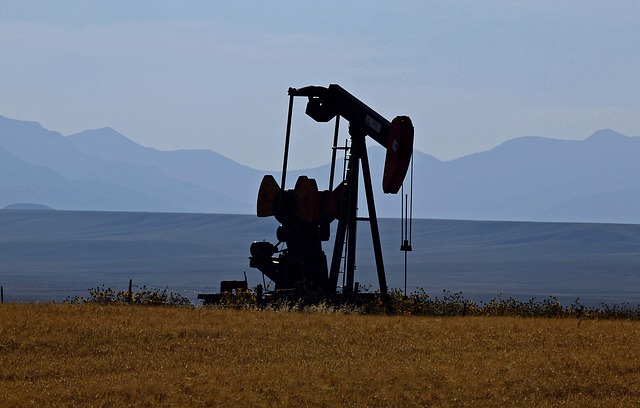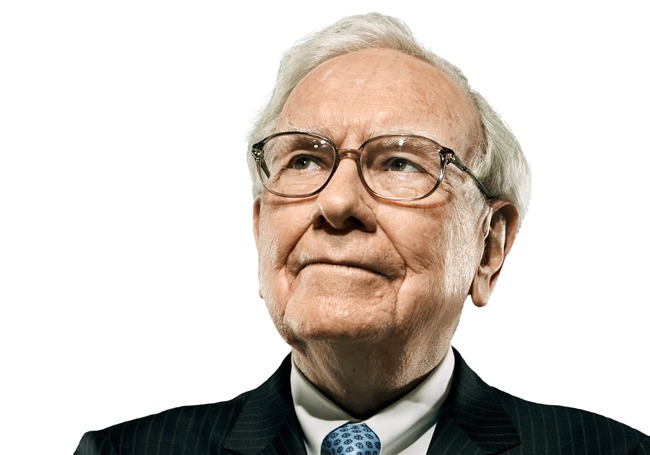It’s that time of year again, and hard to believe it’s been 2 years since I started this blog. Time sure does fly. The second half of 2014 in the markets has been very interesting, unfortunately for my portfolio that wasn’t a good thing. Overall my portfolio was down 10% in H2 2014 compared to -0.7%% for the FTSE All share tracker and +5% for the S&P 500 tracker. My portfolio is 75% in the UK so the FTSE is the closest benchmark, but given how easy it is to invest in the S&P and hedge currency I aim to beat both benchmarks.
It’s hard to miss the carnage in oil stocks at the moment. I’m sure many, like me, are tempted to load up on them as oil reaches lows not seen since 2009. Surely this must be overdone, oil at $60 a barrel will not be sustained? Well that may be true, but the question I’m interested in is are fossil fuels going to prove to be a sensible investment long term?
‘Unburnable Carbon’ is a report by the Carbon Tracker Initiative. It raises an important issue at the moment, and that is if all the world’s fossil fuel companies extract and use all their proven reserves, the emissions will total 5 times the currently agreed limit by all major governments. There is a complete disconnect between the targets agreed by governments, and how the market is valuing fossil fuel reserves far in excess of those targets. In effect the market assumes the targets will be completely ignored.
There was once a time when a moat was one of the best defenses of a castle. It slowed down attacking troops or bottle-necked them into a narrow route of attack. However times change, and nowadays with the advent of both artillery and aircraft a moat has little use. Such is the way with competitive “moats” in business; what was once insurmountable suddenly becomes insignificant. I was reminded at the weekend of one of my favorite shops growing up – Argos ($HOME.L), a UK catalogue retailer, and began thinking about its once great moat. Unlike most catalogue retailers, Argos had physical stores where you would buy their products, rather than ordering over the phone. You would also pick up a catalogue to take home and browse through at your leisure when looking for gift ideas or something you needed. Most houses contained an Argos catalogue and back in the day, if you suddenly realized you needed something, whether it was while cooking, seeing an advert on TV etc, you would usually go first to the catalogue and check out how much it was. But that moat didn’t last forever and here are two big things in the future that I think will destroy lots of company moats in a similar way.
Mathematics is often thought of as a difficult subject, and as a graduate of Mathematics I can certainly testify to its complexity at a high level and at times mind-boggling abstractness. Investing requires mastery of very few Mathematical concepts, and those are mainly simple ones such as percentages and annualized growth rates. But the danger in Mathematics is not from a persons inability to use more advanced techniques, it is from a failure to comprehend the true implications of deceptively simple concepts. Here are some interesting examples of how simple Math can yield unexpected results.
Conscious that I haven’t written a post for over a couple of weeks, and without any good prospective investments to write about, I thought I would do an article on the flip side of the coin – i.e. find a terrible company, selling at an absurd valuation and metaphorically tear it to pieces. But then I got thinking, it isn’t hard to find a rubbish investment, neither is it particularly useful to you, the reader, for me to point out that selling at 100x sales is ludicrous. You already know it (I hope).
It would be more useful for me to review a company that I believe is a poor investment, but that others may view as a value investment. When I got to thinking which company to cover, there was one that stood out in my mind that I have seen recommended on some other blogs, Weight Watchers (NYSE:WTW).
I went over the investment thesis for Codan Limited ($CDA.AX) in one of my portfolio updates in June. Codan is a company that earned $45m in 2013 and now has a market cap of just $140m. I bought shares at $0.78 and since then shares are only slightly ahead at $0.85, so this is still a good investment opportunity in my opinion. This post isn’t to go over the investment thesis again, but to briefly highlight the recent AGM and chairman’s statement, which I think make this investment even more compelling than before.
I first bought Berkshire Hathaway shares 3 years ago, and a few days ago I sold the entire position. This might be a somewhat controversial decision and when I first bought shares I envisaged holding them forever. But I don’t see that much upside to Berkshire at the moment. That’s not to say I am not a fan of Buffett. I think his investment success speaks for itself and Berkshire has been a highly profitable investment over the last few decades. But there are several reasons I have exited this position, many of which are probably at odds with value investors’ opinions in general. Here is my reasoning
This is a painful portfolio update for me, two of my holdings are down considerably and I’m sitting on losses not because of an error in judgement (I will happily admit I made errors but I had realized that) but because of greed. I risked a lot of money to make a further 1% on a trade. That greed for a fraction has cost me over 40% on each position. Lucky for me (or possibly due to intelligent position sizing), these positions were not large and haven’t cost my portfolio much. My pride has taken the brunt of the hit as opposed to my wallet. Hopefully by telling the tale of my woes readers will avoid similar pitfalls themselves.
Stocks have been moving down recently, and none more so than Oil & Gas companies. Lots of names in the industry are trading at just half their 52 week highs. The reason often given in the news is forecast lower global demand for oil which is being interpreted as bearish for stocks in general. However it has, in mine and others opinion, more to do with the big increase in supply and production from North America predicted in the future. The USA is on track to become the largest producer of oil in the world.
Legacy Oil is a low cost North American producer that can remain profitable at low oil prices and has large upside if oil prices are high in the future.
Last week Warren Buffett was frank on CNBC and admitted that he made a mistake investing in Tesco ($TSCO.L). It’s hard to argue with him, shares in Tesco have gone only one way since he first invested in them in 2007.
I myself am among the unlucky Tesco shareholders, however was fortunate in early 2013 to realize my folly and sell almost all my shares (and even make a small profit). Though Tesco made many obvious mistakes such as its failed entry into the US market, it is actually its home market, the UK, which has contributed to its disastrous share price performance. I think the tale of Tesco highlights some important areas of danger that investors often fall foul of, particularly relying on financial metrics while giving too little thought to qualitative factors of a company and how it does business.









